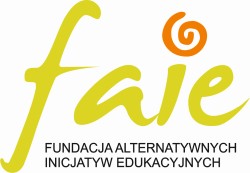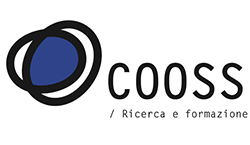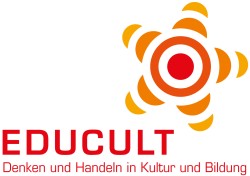
The FIRST Network - International Support Network (19)
The FIRST Network - International Support Network
The FIRST Network is an international network of civil society organizations operating in the area of adult liberal education. FIRST Network is the answer to the needs to access to specialists and experts in the international cooperation field to receive guidelines on how to solve specific problems, address challenges.
The handbook about designing, planning and organising INTERNATIONAL, European training courses for the first-time internaional projects realisers.
Written by Agnieszka DadakIn this handbook for interested in international cooperation you will find, firstly, a brief review the basics of andragogy and adult education methods. Secondly, you will find here real, practical examples on organising European level, international trainings supporting international cooperation. How to plan, design and deliver international training for first-time international projects realisers? What should it contain? What methods could be used? What possible training programmes could be realised? And especially - how to turn a 'traditional', on-the-site training into an online form? Feel invited to get inspired by the Polish, Hungarian, Danish, Austrian and Italian experiences while planning your trainings - or chosing the best training offer to upgrade your competences!
The handbook on mentoring and e-mentoring for the first-time international projects realisers.
Written by Agnieszka DadakThere were ten representatives of civil society organisations - first-time international projects managers and management bodies members - who took part in the pilotace mentoring cooperation. The aim of this cooperation was to test various scenarios of mentoring cooperation in order to support those interested in initiating international cooperation in planning and designing their first international projects.
The mentoring pilots were realised between October 2019 and May 2020, in all the five partner countries: Poland, Italy, Denmark, Austria and Hungary.
The report presents ready-to-use mentoring programmes, both for the adult education organisations managers and first-time international project managers.
The handbook about designing, planning and organising national training courses for the first-time internaional projects realisers.
Written by Agnieszka DadakIn this handbook you will find, first of all, some review of the basics of andragogy and adult education methods. Secondly, you will find there some real, practical examples of national trainings supporting international cooperation realised in Poland, Hungary, Denmark, Italy and Austria. How to plan, design and deliver trainings for the first-time international projects realisers? What modules should such a training course contain? What methods could be used? What possible training programmes may be realised realised? Here you will find some helpful examples to design good training courses/find the best training offer for upgrading your competences.
The report presenting results of the international survey on key competences of the international projects managers.
Written by Agnieszka DadakThe research was realised in Poland, Italy, Hungary, Denmark and Austria in the spring 2019. It consisted of on-line questionnaire, interviews and a desk research. The research respondents were over 200 managers and management bodies members of the civil society organisations active in the field of lifelong learning, as well as several specialists working for the European grant programmes operators. In addition to the key competences of the international project managers, the report describes the needs of support expected by the international cooperation specialists from the managers of the organisations they are working for.
The report presenting results of the international survey on successes and challenges in international projects management.
Written by Agnieszka DadakThe research was realised in Poland, Italy, Hungary, Denmark and Austria in the spring 2019. It consisted of on-line questionnaire and interviews. The research respondents were over 200 managers and management bodies members of the civil society organisations active in the field of lifelong learning.











